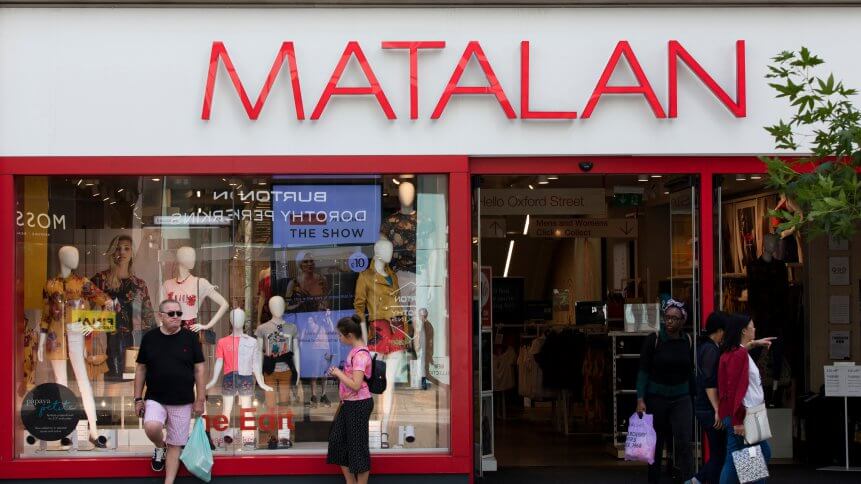The future of retail: Keep It Simple, Stupid

We hear a lot about the ‘store of the future’. Particularly at this time of year when thousands of people return home from NRF’s Big Show in New York and get very excited about connected customers, digital stores and frictionless shopping experiences— powered by the likes of smart shelves, mobile payments, augmented reality, gamification, and robotic fulfillment.
In the here and now, some retailers are putting impressive omnichannel technology in place. US supermarket chain Stop & Shop, for instance, is gearing up to deploy driverless grocery vehicles in the Greater Boston area, beginning during Spring. On the dot, meanwhile, has partnered with L’Occitane to help the French beauty retailer launch its same-day delivery service proposition, Ship From Store, in the UK.
Others, however, are guilty of technology for technology’s sake. To add insult to injury, in these cases it’s often apparent that store processes haven’t been updated to work seamlessly with shiny new tech.
A few trailblazers like Walmart, Starbucks, and Amazon aside, the sector is still challenged with realizing truly omnichannel solutions. As TechHQ recently pointed out, the user journeys required are pretty obvious but bending legacy systems or implementing new technology stacks to deal with solutions is time consuming, complex and expensive.
The bigger picture
It’s ultimately a vision thing; there are very few true visionaries in the retail sector. Eager to score easy PR points, many companies rush in and greenlight projects that at best fizzle out and at worst result in disgruntled customers and damage to the brand when they should be playing the long game.
YOU MIGHT LIKE

Retailers are ready for the omnichannel challenge
As Scott Emmon, a former Neiman Marcus Group executive recently commented, technology must solve a real problem or make things easier for the customer. Internal innovation teams, largely pressured to create PR moments, do not think long-term and end up investing in short-sighted experiences that have no staying power and don’t really add value to the consumer, he argued.
Matalan shows the way
Matalan recently deployed SML’s RFID tags and item-level solutions across all 220 stores in the UK. The two have been working together for the past two years, with Matalan rolling out RFID in two pilot stores using SML’s Clarity software suite.
Store colleagues are also using the real-time stock inquiry and ‘search/find’ functionality, which utilizes handheld terminals from Zebra Technologies with an Android Touch Computer across the estate, and the data stored in Microsoft’s Azure Cloud platform.
But RFID is so 2010, we hear you cry. Granted, this isn’t as sexy as robots delivering you a sandwich within minutes of placing your order, or drones dropping off that new book you can’t wait to read.
A project like this might not get many ‘oohs’ and ‘ahhs’ from the media, but it is a great example of how the best tech rollouts are usually the ones that customers don’t notice. Howard Reed, CTO at Matalan, said that the company was committed to adopting appropriate transformative technologies that enable it to address the ever-changing needs of its customers.
Note the use of ‘appropriate’.








